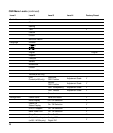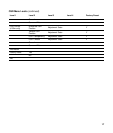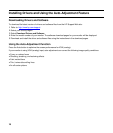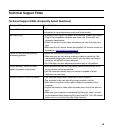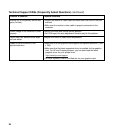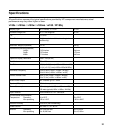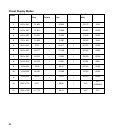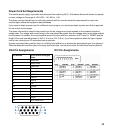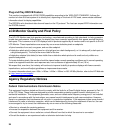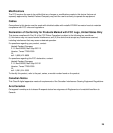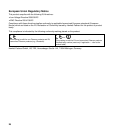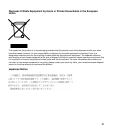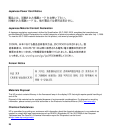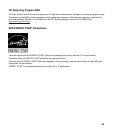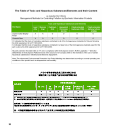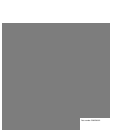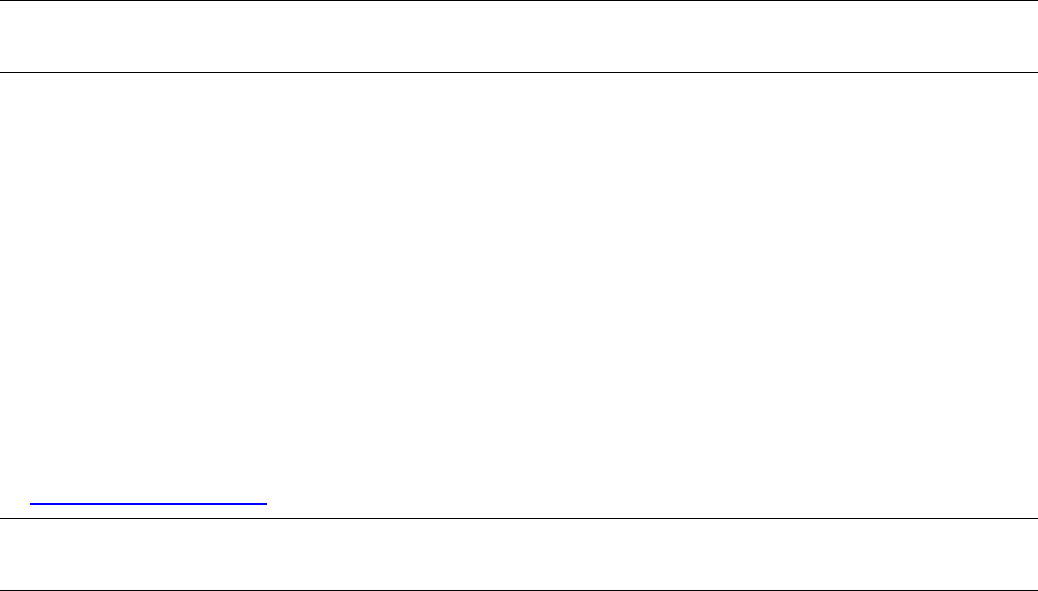
Plug and Play DDC2B Feature
This monitor is equipped with VESA DDC2B capabilities according to the VESA DDC STANDARD. It allows the
monitor to inform the host system of its identity and, depending on the level of DDC used, communicate additional
information about its display capabilities.
The DDC2B is a bi-directional data channel based on the I²C protocol. The host can request EDID information over
the DDC2B channel.
LCD Monitor Quality and Pixel Policy
The HP LCD Monitor uses high-precision technology, manufactured according to high standards, to help guarantee
trouble-free performance. Nevertheless, the display may have cosmetic imperfections that appear as small bright or
dark spots. This is common to all LCD displays used in products supplied by all vendors and is not specific to the HP
LCD Monitor. These imperfections are caused by one or more defective pixels or subpixels.
y A pixel consists of one red, one green, and one blue subpixel.
y A defective whole pixel is always turned on (a bright spot on a dark background), or it is always off (a dark spot on
a bright background). The first is the more visible of the two.
y A defective subpixel (dot defect) is less visible than a defective whole pixel and is small and only visible on a
specific background.
To locate defective pixels, the monitor should be viewed under normal operating conditions and in normal operating
mode at a supported resolution and response rate, from a distance of approximately 50 cm (16 in).
We expect that, over time, the industry will continue to improve its ability to produce displays with fewer cosmetic
imperfections, and we will adjust guidelines as improvements are made.
For more information about your v185e / v185es / v185w / v185ws / w185 / W185q Monitor, refer to the HP Web site
at: http://www.hp.com/support
Agency Regulatory Notices
Federal Communications Commission Notice
This equipment has been tested and found to comply with the limits for a Class B digital device, pursuant to Part 15
of the FCC Rules. These limits are designed to provide reasonable protection against harmful interference in a
residential installation. This equipment generates, uses, and can radiate radio frequency energy and, if not installed
and used in accordance with the instructions, may cause harmful interference to radio communications. However,
there is no guarantee that interference will not occur in a particular installation. If this equipment does cause harmful
interference to radio or television reception, which can be determined by turning the equipment off and on, the user
is encouraged to try to correct the interference by one or more of the following measures:
y Reorient or relocate the receiving antenna.
y Increase the separation between the equipment and the receiver.
y Connect the equipment into an outlet on a circuit different from that to which the receiver is connected.
y Consult the dealer or an experienced radio or television technician for help.
24



